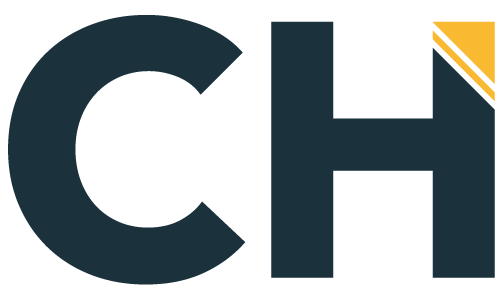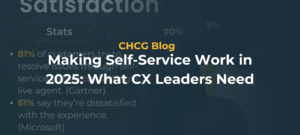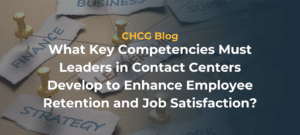Recently I’ve been fascinated to watch the use of distraction as a coping mechanism both in personal and professional context. At its root – distraction is just an avoidance technique: I don’t want to do “X” so I am going to occupy myself with “Y” so I don’t have to.
Here, once again the mysterious “X” can represent so many things, as can its counter point “Y”. Both options are as limitless as our own imagination, but let’s keep this about business scenarios.
- I don’t know how to do my job – so I’m going to focus on the performance of others to avoid talking about me.
- I don’t like the tasks assigned to me – so I’m going to busy myself with something else and create a reason why I can’t do it.
- I’m unclear about what my responsibilities are – so I’ll make something up to look like I’m doing something.
All maybe seemingly harmless… until we get to the bigger stuff:
- I don’t want to have uncomfortable dialogue – so I won’t address problems and allow them to continue to negatively impact business.
- I’m uncomfortable discipline or managing certain employees – so additional workload is added to other staff to accommodate unaddressed obstacles.
- I am unable to admit that I things have moved outside of my knowledge base – so energy and resources are squandered while figuring it out or avoiding it altogether.
Each of these above scenarios generate waste for your business in regards to time, money productivity and efficiency.
Step back and evaluate where your (or your team or company’s) time and attention flows and ask yourself the following:
- Are my priorities moving things forward?
- Are activities measured, tracked and analyzed for efficiency?
- Is the time/cost spent on “X” in alignment with the impact it brings?
- Am I duplicating resources on simple tasks and increasing costs and adding confusion to responsibility/accountability of staff?
- Am I focused on items that have a broad impact or small details that don’t yield high results?
Just because we’re “busy” doesn’t mean we’re productive. Staying focused on priority and key processes will produce greater balance and higher efficiency keeping you doing what we all strive for… Working smarter not harder.
If you’re feeling stuck, like your wheels are spinning but your actions aren’t moving you forward, bringing in a “fresh pair of eyes” (i.e not clouded by the past or the story) can help shed light and provide guidance on re-prioritization and identify your key processes to minimize efforts and maximize ROI on staff and costs.
Tricia Heibel is an observer and commentator of life who is fascinated by human behavior, including her own, and is grateful for the many and diversified opportunities that her twenty-year career in HR and Consulting has brought her to examine the variety of ways people both react and engage in life. A self-proclaimed efficiency expert, Tricia has a keen ability to cut through the story to get to the root cause or course needed to eliminate her workplace curse words: rework, replication, and redundancy.




